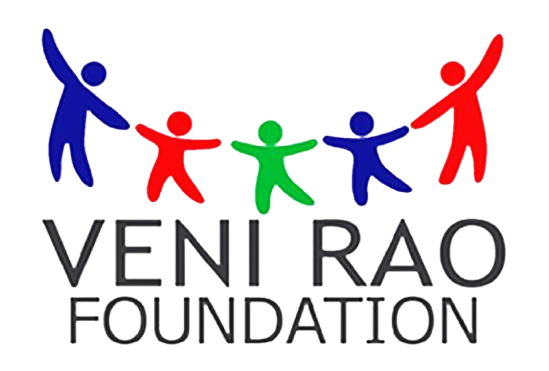Mrs. Ratna Reddy
(Trustee)
With over 30 years of experience in education, Ratna Reddy is an accomplished and visionary educationist who has pioneered new-age education in Hyderabad. A first-generation Education Entrepreneur and Founder of CHIREC, Ratna Reddy nurtured global citizens who are changing the world for the better. With a belief in imparting balanced, holistic and quality education, CHIREC (an acronym for Children’s Recreation Centre) was born in 1989 and quickly grew to become one of India’s premier educational institutions.
Ratna Reddy has many national and international awards to her credit in the field of education such as the Lifetime Achievement Award and Jury Award by Education Today, Pride of Telangana Award and International Women’s Entrepreneurial Challenge Award, to name a few. Under her leadership, CHIREC has grown leaps and bounds to become the top school in Telangana and amongst the top 10 in the country. CHIREC has also won innumerable national and international awards under her leadership.
Ratna Reddy has always found gratitude in working with underserved sections of society, especially with children who do not have access to quality education. Both, personally and through CHIREC’s CSR activities, she has been contributing towards the upliftment of those in need. Her long-held dream came true with the establishment of the Veni Rao Foundation in 2018 intending to serve underprivileged communities and provide access to quality education and healthcare.
Ratna Reddy received her B.Sc. in Home Science and a Masters (M.Sc) in Child Development from A.N.G.R. University (Hyderabad, India). She then went on to receive her M.A in Early Childhood Education from the University of Iowa (Iowa, U.S.A.).
What cause are you most passionate about?
My father was born into a poor family that struggled to make ends meet. It came to a point where my father had to stop going to school to help out with the family. However, with generous financial support from a philanthropist, my father was able to continue his schooling and later went on to become an engineer. My father strongly believed that education is the key to empowerment. It gives people much-needed self-confidence to lead a life with self-respect and dignity. It makes us aware of the changes happening in the world and helps us develop the ability to adapt to these changes. With this strong belief, my father ensured that my siblings and I all got a good education. These family values nurtured in me a passion to enter the field of education.
After having dedicated 3 decades towards building a school that balances academics and co-curriculars and educates The Whole Child, the time has come for me to share my experiences and work for the benefit of the larger community. I believe that education for women and senior citizens is just as important as educating children. I hope to empower women to help them become confident, independent, and active economic agents of our country. I also hope to contribute towards the health and welfare of senior citizens ensuring they receive much-needed care and attention in the later years of life.
While I have faced many challenges and struggles in my journey of 30 years, I believe any challenge can be surpassed if you dream big, follow your passion, identify the need, work hard, give your best, do not run away from problems, face them, turn challenges into opportunities and never give up learning as you get stagnated. Be innovative, creative, different and most of all, have a positive attitude.
What is the role of NGO’s in India?
I believe NGOs play a crucial role in bridging the gap and facilitating connections between the government, private institutes or corporations and the people.
For example, the current pandemic has exposed a deep digital divide between students attending private schools and students attending government schools. While most private schools have undertaken the digital way of schooling and are adapting to new technologies, many students that attend government schools, particularly those in rural areas do not even have access to proper mobile network and connectivity. In such a situations, I believe NGOs play a significant role in bridging the gap and closing this digital divide. NGOs in collaboration with private corporations can help public schools with basic infrastructure so that students may continue their education much like in private schools.
I also believe that NGOs specializing in various fields play an important role in helping large private corporations spend their CSR funds in meaningful and impactful ways.
